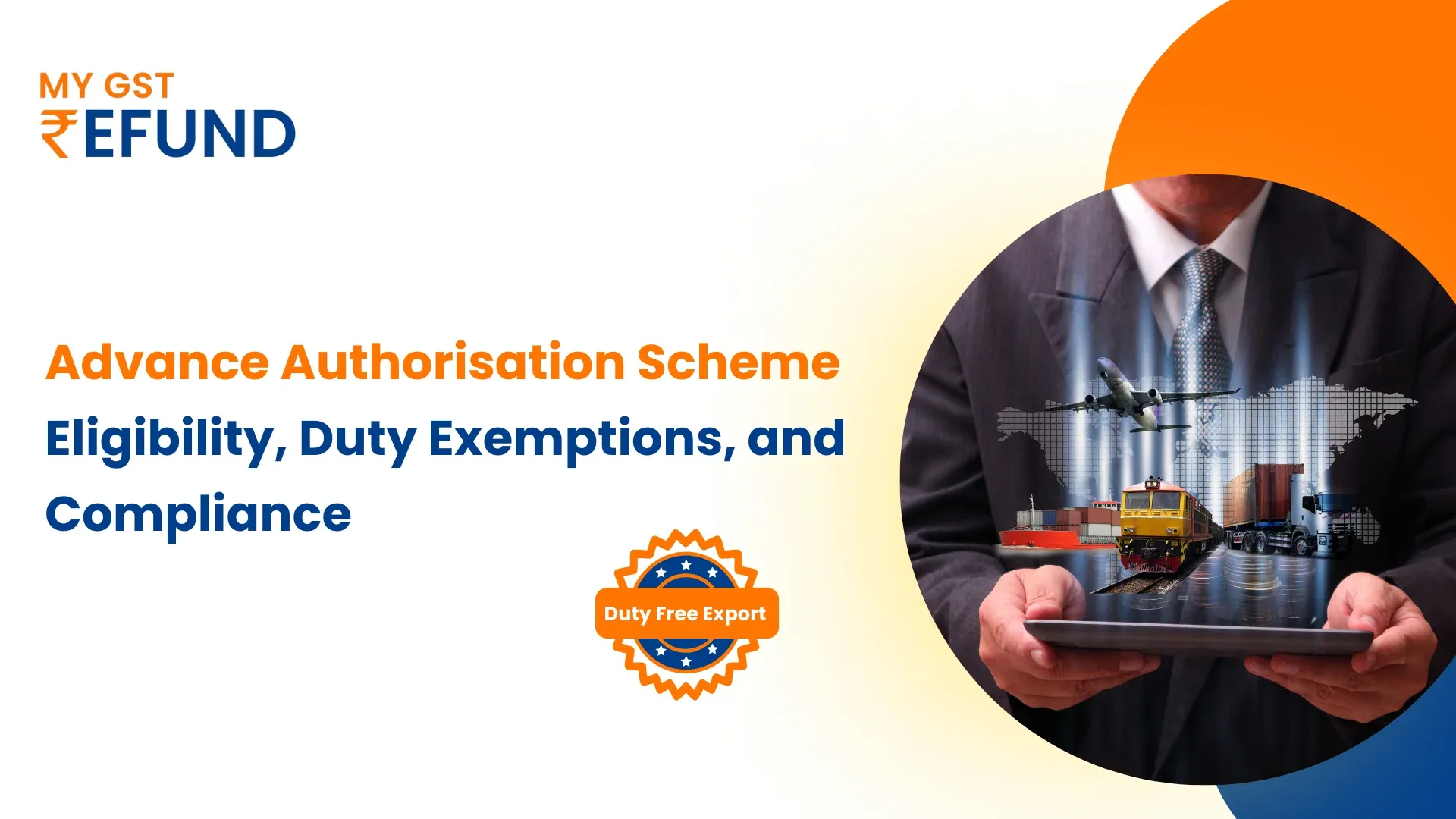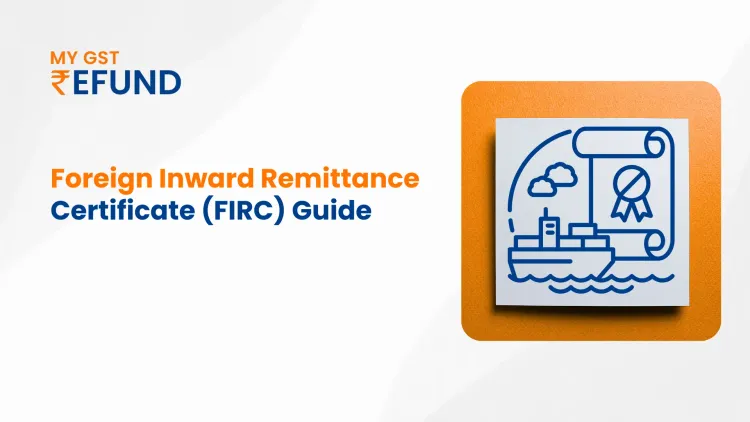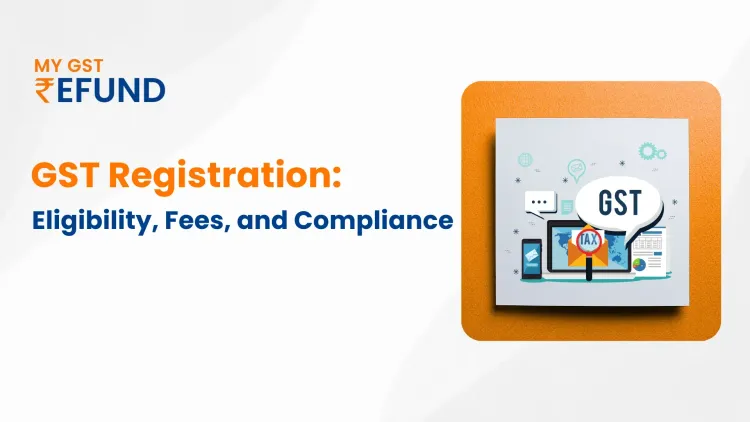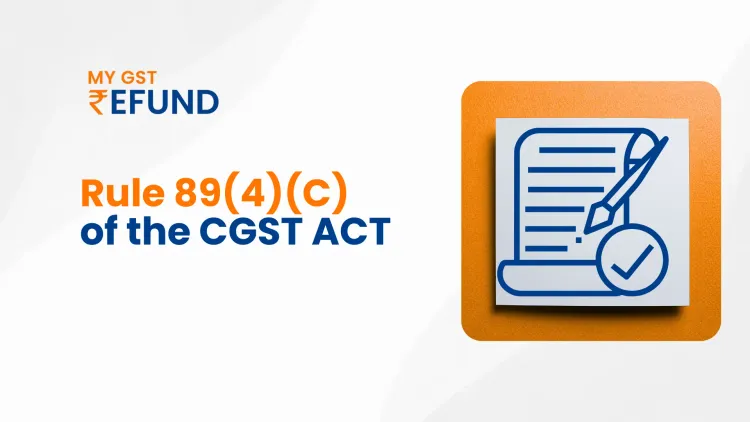Advance Authorisation Scheme: Eligibility, Duty Exemptions, and Compliance
Published on: Tue Feb 04 2025
Bio (Reveal/Hide)

Guide to the Advance Authorisation Scheme: Eligibility, Duty Exemptions, and Compliance
The Advance Authorisation Scheme is a vital initiative under India's Foreign Trade Policy, designed to support exporters by enabling them to import raw materials and components for the production of goods that will be exported without incurring customs duties. This scheme aims to enhance the competitiveness of Indian exports in international markets by lowering the cost of production for exporters and facilitating smoother international trade.
What is the Advance Authorisation Scheme?
Advance Authorisation is issued to allow duty-free input import, which is physically incorporated in export products (making normal allowance for wastage). In addition, fuel, oil, and catalysts that are consumed/utilised in the process of production of export products may also be allowed.
By offering duty-free access to essential inputs, the Advance Authorisation Scheme encourages manufacturing and value addition in the country, benefiting industries involved in export-oriented production. This guide article provides a detailed overview of the scheme, covering its key features, eligibility criteria, application process, duty exemptions, and more to ensure compliance. Understanding these aspects is crucial for exporters looking to take advantage of the scheme and contribute to India's growing export sector.
Eligibility Criteria for Advance Authorisation Scheme
The Advance Authorisation Scheme is available under specific conditions, ensuring that only eligible exporters and specified products benefit from the duty-free import of inputs. The eligibility criteria are as follows:
Exporter Type:
Advance Authorisation can be issued either to a manufacturer exporter or a merchant exporter who is tied to a supporting manufacturer. The merchant exporter must ensure that they have a clear linkage to the manufacturing process. For pharmaceutical products, Advance Authorisation will only be issued to manufacturer exporters involved in the production of pharmaceutical goods using a Non-Infringing (NI) process, as specified in paragraph 4.18 of the Handbook of Procedures.
Types of Export and Supplies Covered:
Advance Authorisation can be issued for the following export and supply categories:
1. Physical export, including export to Special Economic Zones (SEZ).
2. Intermediate supply to other manufacturers.
3. Supply of goods to specific categories such as mentioned in paragraph 7.02 (b), (c), (d), (e), (f), and (g) of the Foreign Trade Policy.
4. Supply of stores to foreign-going vessels/aircraft, provided there are specific Standard Input Output Norms (SION) for the items being supplied.
The material imported under the Advance Authorisation scheme shall be subject to the ‘Actual User’ condition, meaning inputs can only be used by the authorisation holder and cannot be transferred, even after the export obligation is fulfilled. However, once the export obligation is completed, the authorisation holder has the option to dispose of the products manufactured from duty-free inputs.
Under the Advance Authorisation scheme, the ‘Minimum value addition’ required is 15%, except for specific sectors where different percentages apply. For certain export products where value addition may be less than 15%, the details are provided in Appendix 4D. The minimum value addition for the Gems & Jewellery sector is outlined in paragraph 4.60 of the Handbook of Procedures. For the Tea sector, a minimum value addition of 50% is required, while for spices, the minimum value addition is 25%.
Export Obligation
Export obligation means obligations to export products covered by Advance Authorisation or permission in terms of quantity, value, or both as may be prescribed or specified by Regional or competent authority. The period for fulfillment of the export obligation under Advance Authorisation shall be 18 months from the date of issue of Authorisation.
Duty and interest on goods imported under the Advance Authorisation scheme were paid due to failure to fulfill the export obligation. Inputs have not been used in the manufacture of final products for export. Refund of IGST cannot be claimed after payment of tax on failure to fulfill export obligation in respect of goods imported under Advance Authorisation Scheme as the inputs have not been used in the manufacture of final products for export.
The government has also promoted an amnesty scheme for one-time settlement of default in export obligations. Further, If an exporter is unable to fulfill the Export Obligation in full and has not made any imports under the Authorisation, the authorisation holder may choose to cancel the Authorisation and apply for a drawback.
Pro Tip: Use our GSTIN Validator to quickly verify GST numbers and ensure accuracy in your business transactions!
Duties Exempt and Duty-Free Importable Items
Under the Advance Authorisation scheme following duties are exempted Basic Customs Duty, Additional Customs Duty, Education Cess, Anti-dumping Duty, Countervailing Duty, Safeguard Duty, and Transition Product transition-specific safeguard Duty, wherever applicable.
Duty-free import of those inputs are available which is physically incorporated in export products (making normal allowance for wastage). In addition, fuel, oil, and catalyst which are consumed/utilized in the process of production of export products, may also be allowed.
Further, Advance Authorisation is issued for inputs related to a resultant product based on several provisions outlined in the Handbook of Procedures. These include the Standard Input Output Norms (SION) as specified in the Handbook, self-declaration in accordance with paragraph 4.07, applicant-specific prior fixation of norms by the Norms Committee as per paragraph 4.06, and the Self Ratification Scheme outlined in the FTP under paragraph 4.06. These provisions aim to facilitate the import of duty-free inputs for the export of finished goods, ensuring compliance with the relevant norms and policies.
Application Process for Advance Authorisation (AA)
Applications for the grant of Advance Authorisation must be filed online (digitally signed) by the Importer Exporter Code (IEC) holder to the concerned jurisdictional Regional Authority as per Appendix 1A. The applicant can be the registered office, head office, branch office, or manufacturing unit of the IEC holder. The applicant is required to upload the necessary documents as per ANF 4A during the online application submission, and no physical copy needs to be submitted to the Regional Authority.
Validity of Advance Authorisation License
The validity period for import of Advance Authorisation shall be 12 months from the date of issue of Authorisation. The validity of Advance Authorisation for supplies under Chapter 7 of the FTP will be either co-terminus with the contracted project execution period or 12 months from the date of issuance, whichever is later. For other Advance Authorisations, only one revalidation for an additional 12 months is permitted, with no further revalidation allowed, and applications for revalidation must be submitted online to the concerned Regional Authority.
Annual Advance Authorisation Scheme
Annual Advance Authorisation is a scheme that allows an authorisation holder to import duty-free inputs for the export of manufactured goods multiple times throughout the year under a single license. This scheme is designed to simplify the process for those who need to import the same raw materials consistently for export production. Instead of obtaining a separate license for each transaction, the holder can import as needed, with the export obligation tied to the overall quantity of the inputs imported during the year. The scheme is applicable only for items listed in the Standard Input Output Norms (SION) and excludes inputs covered under specific restrictions in the FTP.
The eligibility criteria for Advance Authorisation for Annual Requirement are as follows:
1. It is available only for items listed in the Standard Input Output Norms (SION).
2. It is not available for ad-hoc norms under paragraph 4.03(b)(ii) of the FTP or for SIONs with inputs listed in Appendix 4-J.
3. Exporters with past export performance in at least the preceding two financial years are eligible.
4. The entitlement for the CIF value of imports is up to 300% of the FOB value of physical exports or the FOR value of deemed exports in the previous financial year, or Rs 1 Crore, whichever is higher.
Invalidation letter and Advance Release Order
An Invalidation Letter is a document issued by the Regional Authority when a domestic supplier intends to obtain duty-free material under the Advance Authorisation scheme to supply inputs for a resultant product to another Advance Authorisation, DFIA (Duty-Free Import Authorisation), or EPCG (Export Promotion Capital Goods) Authorisation. This letter essentially validates the supply chain process, allowing the domestic supplier to procure materials without duty, ensuring that the inputs will be used ultimately for the specified export or production obligations.
The Regional Authority will issue an Advance Release Order (ARO) if the domestic supplier seeks a refund of duties exempted under the Deemed Exports mechanism, as outlined in Chapter 7 of the FTP.
Pro Tip: Use our GST Refund Calculator to easily calculate your refund and simplify the GST process. Whether you want to know your refund amount or check its status, our tool makes it simple to know your GST refund quickly and accurately.
Conclusion
In conclusion, the Advance Authorisation Scheme plays a critical role in enhancing India’s export competitiveness by allowing exporters to import raw materials and components duty-free for the production of goods destined for export. This scheme fosters efficient manufacturing, value addition, and smoother trade operations by minimizing production costs for exporters. By meeting specified eligibility criteria, adhering to compliance norms, and following a straightforward application process, exporters can take full advantage of the benefits offered, while contributing to India's growth in the global export market. The various provisions, such as Invalidation Letters, Annual Advance Authorisation, and the facility for revalidation, further streamline the export process, ensuring flexibility and ease of operation for businesses engaged in international trade.
Frequently Asked Question
What is the validity of advance authorization?
Advance Authorization grants its permissions for 12 months starting from the date of issuance. The duration of this import scheme extends to 12 months, during which all required imports need to happen. Exporters need to execute their export requirements within 18 months after DGFT issues their authorization.
What is the authorization process?
The DGFT portal enables exporters to submit applications, which require them to submit both input details and their export responsibility requirements. DGFT verifies and issues authorization. Imports can obtain raw materials tax-free through this scheme while they fulfill their export requirements during the required time frame.
What is the RoDTEP scheme for advance Authorisation?
Through the RoDTEP system, exporters receive reimbursement of taxes, but only when those taxes are not subject to other specific duty exemption schemes. Exporters who hold Advance Authorization permission may recover manufacturing tax expenses from indirect taxes that they pay for both production and exports.
What is the validity of advance authorization?
The validity period of Advance Authorization extends to 12 months for imports, with 18 months for meeting export obligations. Failure to use Advance Authorization within the given term will trigger the need to revalidate the authorization according to DGFT guidelines.
What is the difference between EPCG and advance Authorization?
Through Advance Authorization, the importer can obtain duty-free permits to purchase raw materials for their export production over a twelve-month period. Under EPCG, traders can bring capital goods duty-free through the facility, which requires them to fulfill export requirements six times the amount of saved duty. This sector has two export promotion schemes that serve different industry requirements.
What is the meaning of advance Authorization?
Advance Authorization lets companies import their production materials cost-free for making export products. The scheme enables lower costs through duty savings that directly link to exported products. The authority implementing this scheme belongs to DGFT while operating under the guidelines of India's Foreign Trade Policy.
Related Posts






